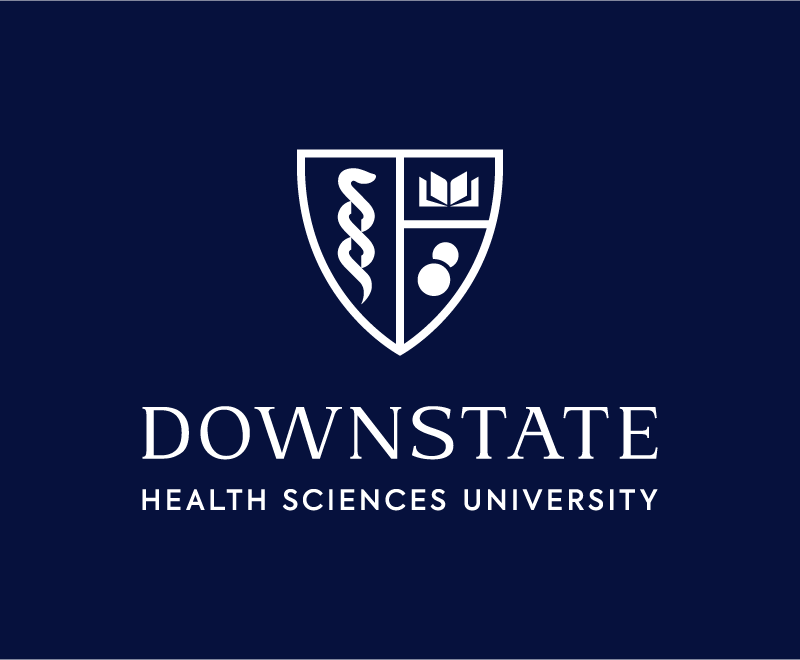What is AD?
AD, Alzheimer's disease, or just Alzheimer's is the most common dementia (sometimes called "neurocognitive disorders"). It accounts for about two-thirds of cases although many cases are mixed types, such as AD and vascular dementia. Dementia often starts slowly and then worsens. The most common early symptom is difficulty in remembering recent events. As the disease advances, symptoms can include problems with language(understanding and/or expression), disorientation, difficulties in planning, decline in self-care, and behavioral issues such as agitation, delusions, hallucinations, sleep problems, or depression. Persons who are experiencing memory problems should seek dementia screening as early as possible.
Other Dementias
Vascular dementia, Lewy Body Dementia and Frontotemporal Dementia are notable forms of cognitive decline found in our communities. There are other less common forms of memory loss. As noted above, in many instances neurocognitive disorders (dementias) may be a mixture of various conditions.
Other Neurological Disorders
Parkinson's with dementia, Normal Pressure Hydrocephalus, Creutzfeldt-Jakob Disease, Progressive Supranuclear Palsy, Corticobasal Degeneration, Multiple System Atrophy are all additional forms of cognitive decline.
Recent evidence suggests that early treatment may result in better quality of life and increased longevity. Importantly, some dementias may be reversible or partially reversible such as those caused depression, medical conditions, low vitamin B12 or folate, low Vitamin D, neurological diseases, excessive medications, alcohol and substance use disorders.
Although current treatments and supports cannot stop dementia from progressing, treatment can temporarily slow the dementia symptoms and improve quality of life for those with dementia (neurocognitive disorders) and their caregivers.
Programs and Services
- Initial comprehensive assessment consisting of cognitive, physical, neurological and psychiatric examination, and social service assessment
- On-going treatment and follow up visits (1-6 months) for patients, dependent on the needs of each individual
- Extensive supportive social services for patients and family members including care management
- Caregiver support and referral services
- Telehealth services
- Home visits
- Clinical trials opportunities
- Training of professionals and care providers in dementia care
- Outreach to community health and social service agencies
- Educational programs for lay persons
- Staff who are fluent in Spanish, Russian, Mandarin, Cantonese, and Fujianese
